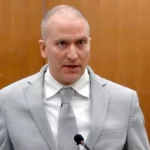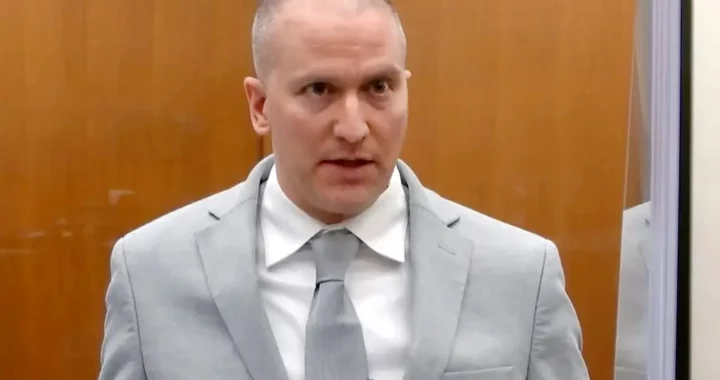Obama and other foreign leaders ask Bangladesh to stop its investigations of the Nobel Peace Prize Winner.

Over 170 prominent global leaders, along with Nobel laureates, have come together to raise their voices in support of Muhammad Yunus, the Nobel Peace Prize winner renowned for his groundbreaking work in microcredit to uplift the lives of impoverished individuals.
Their collective appeal is directed towards the Prime Minister of Bangladesh, Sheikh Hasina, and is made through an open letter that conveys deep concerns about the state of democracy and human rights in the country.
In their heartfelt letter, luminaries like former President Barack Obama and former U.N. Secretary-General Ban Ki-moon, alongside over a hundred other Nobel Peace Prize laureates, express their unease about the ongoing challenges to human rights. Specifically, their attention is drawn to the disconcerting case of Professor Muhammad Yunus. The leaders express their distress over what they perceive as an ongoing pattern of judicial harassment that Yunus has been subjected to.
With empathy and a genuine concern for justice, the letter appeals to Prime Minister Hasina to suspend the ongoing judicial proceedings against Muhammad Yunus. The leaders propose the establishment of an impartial panel of judges within Bangladesh to meticulously review the charges. Importantly, they emphasize the need for the inclusion of internationally recognized legal experts to ensure transparency and fairness throughout the process.
In their earnest plea, the collective wisdom of these global figures shines through. They express a firm belief that an objective evaluation of the anti-corruption and labor law cases against Muhammad Yunus will inevitably lead to his exoneration. Their words reflect not only their faith in justice but also their understanding of the substantial positive impact Yunus has had on the lives of countless individuals.
Muhammad Yunus’s contributions to poverty alleviation and economic empowerment are held in high esteem. In 1983, he founded the Grameen Bank, a visionary institution that extended small loans to aspiring entrepreneurs who would otherwise be excluded from traditional financial systems. This initiative helped lift people out of poverty and served as a beacon of hope for similar microfinance efforts around the globe.
However, the story takes a turn as political accusations enter the scene. Yunus found himself in a public exchange with politicians, accusing them of prioritizing personal gain over societal welfare. Notably, Prime Minister Hasina termed him a “bloodsucker,” alleging improper methods in loan retrieval from underprivileged rural women during his tenure as the head of Grameen Bank.
The situation escalated when an investigation into Grameen Bank’s operations was launched in 2011. The allegations eventually led to Yunus’s removal as the bank’s managing director, with claims of violating government retirement regulations. Subsequent legal proceedings in 2013 centered on allegations of unauthorized receipt of funds, including his Nobel Prize and book royalties.
Further legal complications arose involving other ventures Yunus was associated with, such as Grameen Telecom. Earlier this month, former Grameen Telecom workers lodged a suit claiming misappropriation of their job benefits. In an unexpected twist, Yunus also faced trial for labor law violations.
The open letter penned by global leaders also extends its concern to the broader political landscape of Bangladesh. It calls for forthcoming national elections to be conducted in a manner that ensures freedom, fairness, and the acceptance of the administration by all major political parties. This plea is rooted in a perceived lack of legitimacy in the previous two national elections.
In closing, the collective appeal reflects the power of unity and the shared commitment of esteemed leaders to uphold justice and human rights. As they rally around Muhammad Yunus, they not only champion his cause but also stand as a symbol of hope for a better future for Bangladesh and its people.
By: M Z Hossain, Editor Sky Buzz Feed















